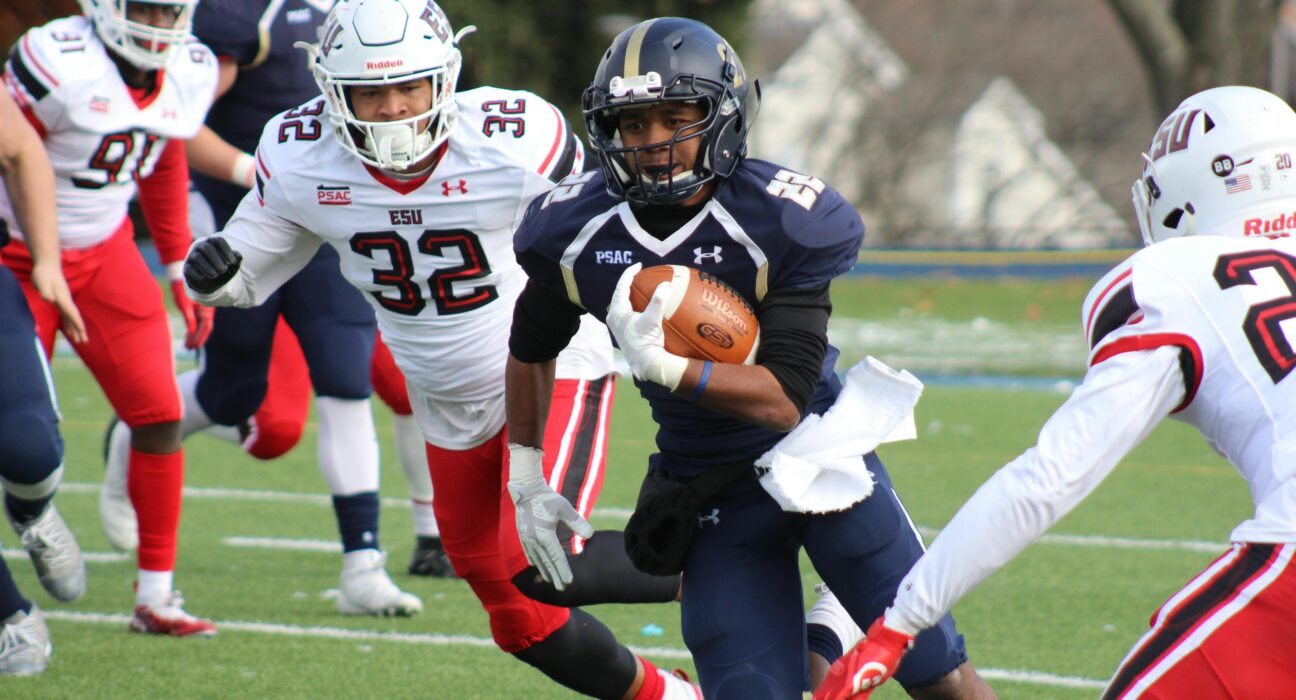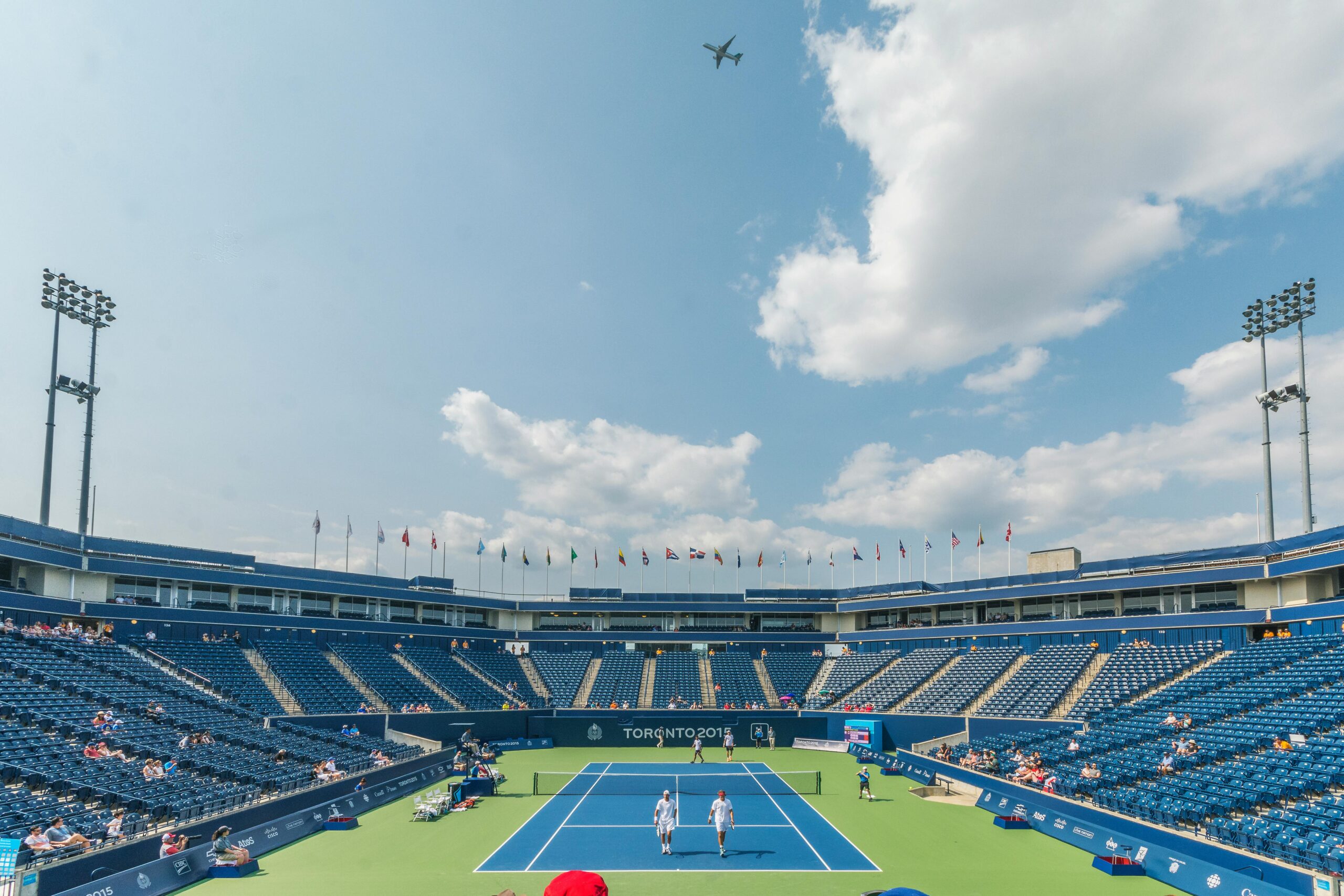The Psychology of Sports: Mental Toughness and Performance

While physical ability is crucial in sports, the mental aspect of athletic performance often plays an equally significant role. This blog delves into the psychology of sports, exploring how mental toughness, motivation, and focus influence athletes’ performance.
1. Understanding Mental Toughness
Mental toughness is the psychological edge that enables athletes to cope with pressure, overcome obstacles, and maintain focus during competition. It encompasses several key traits:
- Resilience: The ability to bounce back from setbacks and maintain a positive mindset is essential for success in sports. Athletes often face challenges, and resilience helps them navigate failures and keep striving for their goals.
- Confidence: Self-belief is a critical component of mental toughness. Confident athletes are more likely to take risks and perform at their best, even in high-pressure situations.
- Focus: The ability to concentrate on the task at hand is crucial for optimal performance. Distractions can derail an athlete’s focus, making it essential to develop strategies to maintain concentration.
2. Motivation and Goal Setting
Motivation drives athletes to train hard and strive for excellence. Understanding the factors that influence motivation can help athletes perform better.
- Intrinsic vs. Extrinsic Motivation: Intrinsic motivation comes from within, such as the love of the game or the desire to improve. Extrinsic motivation involves external rewards, like medals or sponsorships. Successful athletes often find a balance between both types of motivation.
- Goal Setting: Setting specific, measurable, achievable, relevant, and time-bound (SMART) goals can enhance motivation and performance. Goals provide direction and a sense of purpose, helping athletes stay focused on their training and competitions.
3. The Role of Visualization
Visualization is a powerful technique used by many athletes to enhance performance. By mentally rehearsing their routines or performances, athletes can improve focus, reduce anxiety, and increase confidence.
- Creating Mental Imagery: Athletes can visualize themselves executing skills perfectly, which helps reinforce positive behaviors and builds confidence in their abilities.
- Reducing Anxiety: Visualizing success can help athletes manage pre-competition nerves and create a sense of familiarity with the performance environment.
4. The Impact of Team Dynamics
In team sports, the psychology of group dynamics significantly influences performance.
- Cohesion and Communication: Strong team cohesion and effective communication foster a positive environment where athletes feel supported and motivated to perform.
- Leadership: Leadership plays a crucial role in shaping team culture. Coaches and team captains must cultivate an atmosphere of trust and respect to maximize performance.
Conclusion
The psychology of sports is a vital aspect of athletic performance. By understanding mental toughness, motivation, visualization techniques, and team dynamics, athletes can enhance their performance and achieve their goals.











